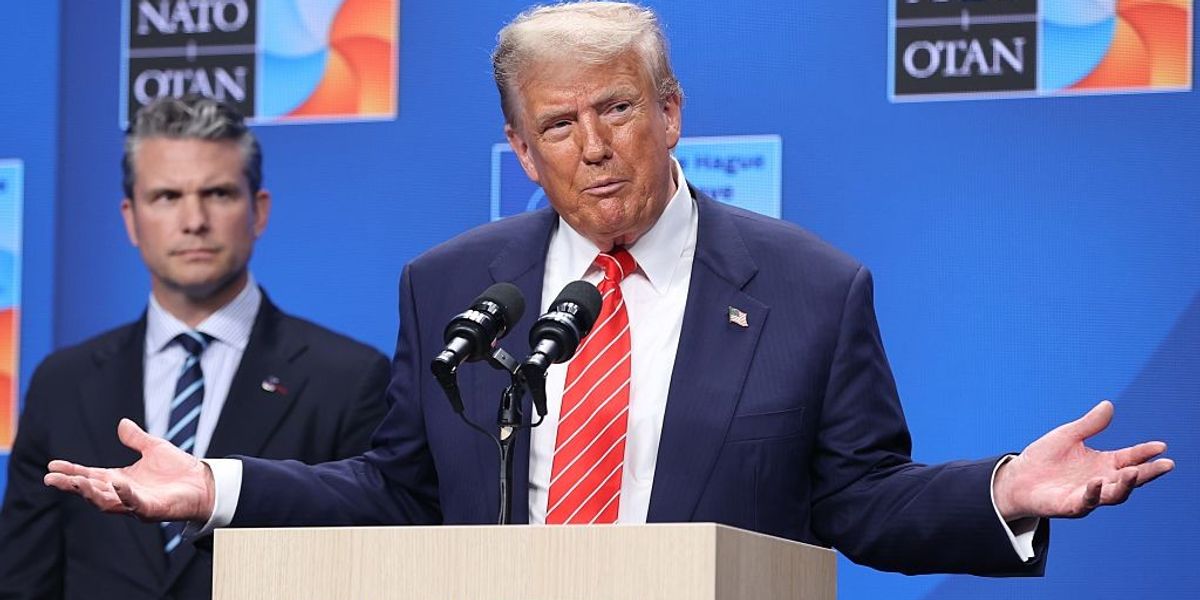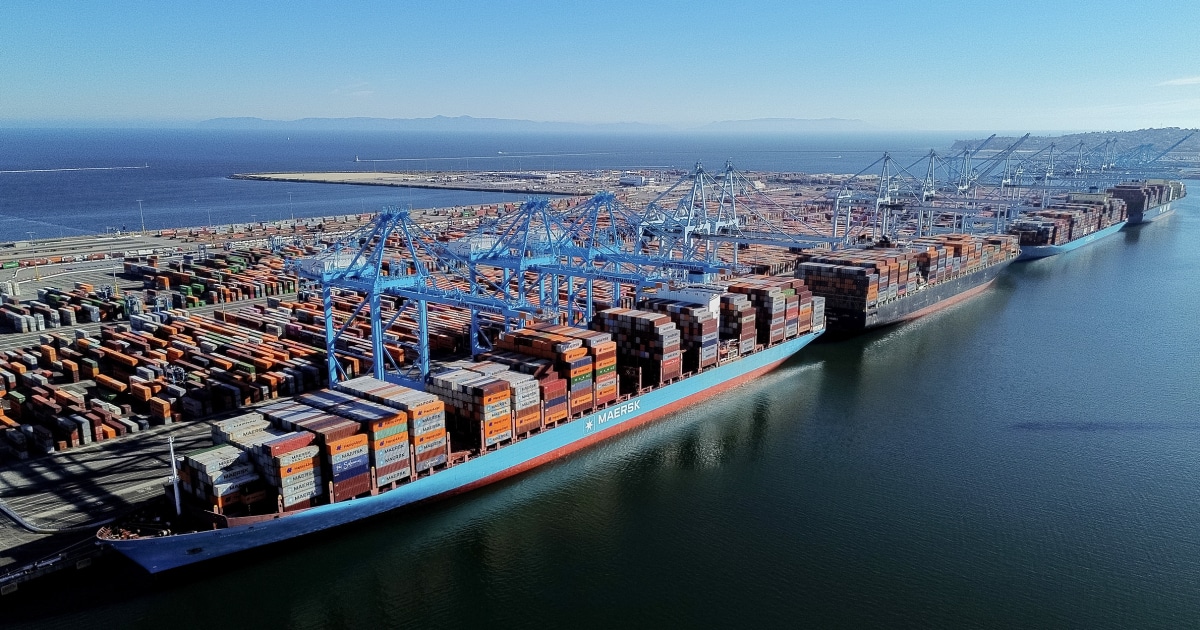T4K3.news
Critics slam Trump's Japan trade deal for harming U.S. automakers
Automakers and unions express dissatisfaction over tariffs favoring Japanese cars.

Critics argue that President Trump's trade deal with Japan harms American workers and automakers.
Trump’s Japan Trade Deal Faces Strong Criticism from Automakers and Economists
President Donald Trump announced a new trade agreement with Japan that lowers tariffs on Japanese cars from 25% to 15%. However, many stakeholders, including major U.S. automakers and labor unions, have expressed discontent with the arrangement. Matt Blunt, president of the American Automotive Policy Council, stated that the deal puts U.S. automakers at a disadvantage against their Japanese counterparts since the agreement reduces tariffs on Japanese cars without adjusting those on parts produced in Canada and Mexico. The United Autoworkers union criticized the deal for favoring companies that use low-wage labor while leaving American workers behind. Economists, including Paul Krugman, pointed out that the current situation may worsen the competitive landscape for U.S. industry, potentially leading to increased production costs. The deal raises broader concerns about how trade policies affect domestic economic strength and job creation.
Key Takeaways
"This deal hands a win to transnational automakers that rely on low-road labor practices."
Criticism from the United Autoworkers highlights labor concerns.
"Overall, the interaction... probably tilts the playing field... in Japan's favor."
Paul Krugman critiques the competitive implications of the trade deal.
"The biggest thing Trump has done is he's raised taxes on Americans who import goods from Japan."
Justin Wolfers explains the net loss for consumers despite lower tariffs.
"This is a deal that will charge lower tariffs on Japanese autos with no U.S. content."
Matt Blunt emphasizes the disadvantage faced by U.S. automakers.
The backlash against Trump's Japan trade deal highlights a crucial tension in his administration's approach to international trade. While the reduction from 25% to 15% tariffs may appear beneficial, the underlying context reveals a more complicated reality. Critics argue that the deal not only favors Japanese automakers but also disregards the needs of American workers and industries. With ongoing tariffs on essential auto parts and materials, this arrangement may inadvertently stifle U.S. manufacturing capabilities. Trump's negotiating tactics, which seemed aimed at swift agreements, have raised doubts about the long-term viability of these deals for the American economic landscape. The consequences could ripple through sectors that depend on fair competition and equitable labor practices.
Highlights
- American workers are once again being left behind with this deal.
- This deal is a win for companies that exploit low-road labor practices.
- The tariffs on parts create a disadvantage for U.S. manufacturers.
- Trump's negotiations seemed rushed and poorly thought out.
Concerns about economic fairness and competitive landscape
The trade deal may deepen inequities between U.S. and Japanese automakers, raising costs for American manufacturers. Critics warn about potential backlash from labor sectors and consumers.
The reverberations of this trade agreement could affect the future of American manufacturing and job security.
Enjoyed this? Let your friends know!
Related News

Trump sets new global tariff rates
Trump announces new trade deal with Japan and lowers tariffs
US automakers challenge Trump's tariff deal with Japan

Trump reduces tariffs on Japanese auto imports

Japan commits $550 billion to U.S. industries

Japan opens market to US cars under new trade agreement
Wall Street reaches new record amid profit reports
:max_bytes(150000):strip_icc()/GettyImages-22249455902-f07fac1ef5484fa0a84d6b3c03094667.jpg)